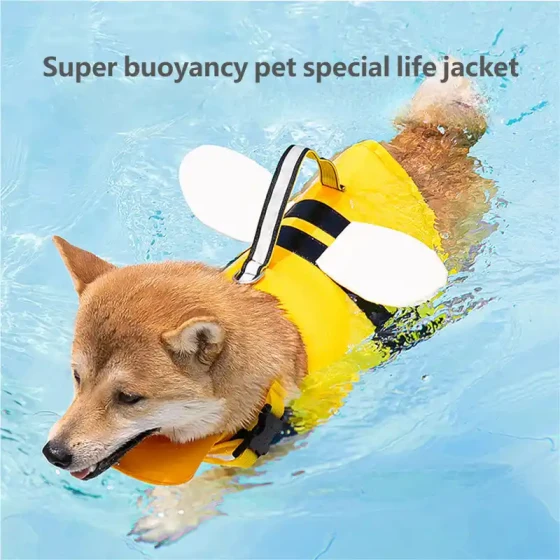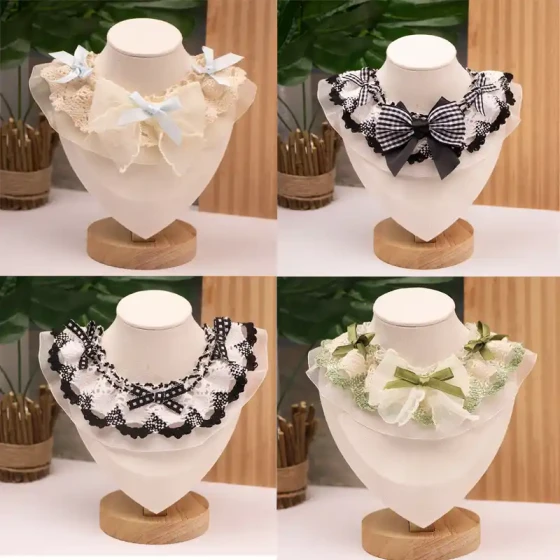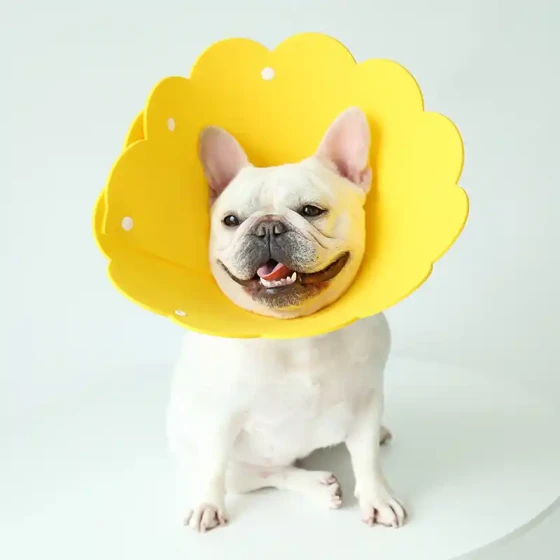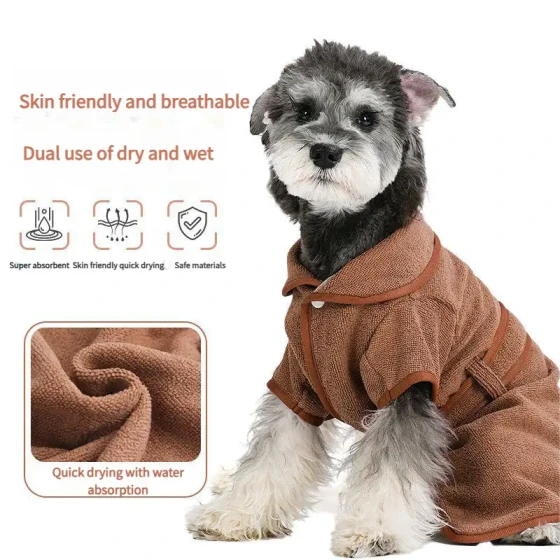Is it true that dog urine can cause tire blowouts

Dogs
In residential areas, dogs greet parked private cars in the most common way — by lifting their legs and urinating. Many people know that the pH value of dog urine ranges from 5.4 to 8.4, so some wonder if dog urine can corrode tires? Because driving safety directly relates to our lives, many start to worry that one day dogs in the community might send themselves to meet Buddha. So, is there scientific evidence to support the claim that dog urine causes tire blowouts? Let’s take an in-depth look.
In fact, the substances in dog urine neither react with rubber nor have an acidity or alkalinity strong enough to corrode it; aging effects are almost negligible. The rubber on the tire surface mainly serves wear resistance and shock absorption purposes, while the strength is decisively provided by the reinforcing fiber fabrics inside the tire body, so aging of the outer rubber layer alone will not cause blowouts. Furthermore, since car wheel hubs are treated with anti-corrosion measures, they are resistant to strong acids and bases, so we don’t need to overreact to dogs’ marking behavior.
Rubber tire anti-aging
There are many types of rubber, from natural rubber (mainly polyisoprene) to various synthetic rubbers (such as styrene-butadiene rubber, cis-polybutadiene, isoprene rubber, etc.), almost all of which can be used in tire production. Before tires are made, rubber undergoes vulcanization—a process that chemically bonds long rubber molecules together to form a large macromolecule. This process makes the tire rubber chemically stable, with high strength, elasticity, wear resistance, and anti-aging properties.
Of course, rubber molecules aren’t diamond; their chemical bonds are not unbreakable. For rubber, the real damaging factor is high-energy radiation like ultraviolet rays. UV rays can break molecular chains, reduce rubber strength, and are the main cause of rubber aging.
To delay aging, additives such as carbon black (which also makes tires black) are added to the rubber to absorb UV rays. Carbon black also reinforces the rubber, giving tires adequate hardness. Since dog urine obviously contains no high-energy rays, compared to UV rays, dog urine has no impact on tire aging.
Rubber tire corrosion resistance
Besides anti-aging, tires also have excellent corrosion resistance—rubber itself is highly corrosion-resistant. For example, in industrial production, acid pickling lines often use rubber linings, and protective gloves for handling strong acids and bases are also made of rubber.

Protective gloves for strong acids and bases made of rubber
Although no direct corrosion experiments on tire rubber have been found, similar studies have been done on sealing rubber. Researchers tested three types of sealing rubber (hydrogenated nitrile rubber) by soaking them at 23℃ in 30% ammonia solution for 28 days. The elongation at break (an indicator of material toughness) decreased by no more than 18% (these rubbers originally had an average elongation above 400%, so after decrease still over 300%). Soaking at 70℃ in 3% sulfuric acid for 28 days caused a decrease of no more than 17%. This shows these rubbers have strong chemical corrosion resistance. Generally, tire rubber is denser than sealing rubber and thus expected to have even better chemical resistance.
The main component of dog urine is water, with small amounts of uric acid and urea, resulting in a pH value between 5.4 and 8.4 (pH measures hydrogen ion concentration in aqueous solutions). The 3% sulfuric acid used in the experiment has a hydrogen ion concentration about 0.6 mol/L—at least 150,000 times that of dog urine; 30% ammonia has a pH around 11, hundreds of times more alkaline than dog urine. Clearly, dog urine’s corrosivity on tire rubber is negligible.

Besides such low acidity and alkalinity, dog urine’s contact time on tires is very short, and the effective remaining amount even less—although concentration may slightly increase as moisture evaporates, its effect against the dense and stable molecular structure of rubber is almost negligible.
Blowouts, actually something else is going on
Rumors mention that the tire sidewall is its weakest point, and dogs usually urinate there, which could cause blowouts during driving, threatening life safety. The very existence of such speculation shows the initiators don’t quite understand tires.

Typical tire tread structure
From the figure, the sidewall rubber layer is indeed thinner, but this is not the Achilles' heel of the tire, and blowouts have nothing to do with sidewall corrosion.
In fact, blowouts are more closely related to the tire inner tube (some tubeless tires have the inner and outer tube combined). The inner tube’s role is to hold pressurized gas and prevent leakage to achieve shock absorption, often using air-tight butyl rubber and chloroprene rubber. However, the inner tube is generally softer with lower strength and prone to tearing under stress, causing blowouts, hence the need for outer tire protection.
The protective outer tire’s strength comes from the belt layer and carcass layer (usually composed of high-strength polymer fiber fabric or steel wire), and the outer rubber layer mainly resists wear. Therefore, tires have tread wear indicators to show wear status and prevent excessive wear which could damage the inner tube and cause blowouts.
As for the sidewall, since it doesn’t contact the ground, there is no wear risk and thus no connection to blowouts. Also, dog urine cannot penetrate to the inner tube, so direct contact with the inner tube by urine will not cause blowouts.
Compared with excessive wear, blowouts caused by underinflation are more easily ignored. People often misunderstand the cause and blame dog urine. When a tire is underinflated but driven at high speed, internal rubber heats up significantly, increasing tire temperature. High temperatures drastically decrease the mechanical properties and strength of rubber, resulting in blowouts. Regularly checking tire pressure and wear, timely inflation and replacement are effective ways to prevent blowouts, much more meaningful than worrying about dog urine.
By the way, about wheel hubs
According to the rumor logic, corrosion of the wheel hub mainly occurs because dog urine is an ionic liquid, forming corrosion batteries in metal, leading over time to structural damage, vehicle failure, and fatal accidents.
Unfortunately, such descriptions are sensational. The automotive industry uses standards such as GB/T 10125-1997 "Artificial Atmosphere Corrosion Test - Salt Spray Test" to measure metal corrosion resistance, but corrosion primarily happens on surfaces and rarely affects structural strength. These standards do not explain how corrosion changes material strength. In fact, with common anti-corrosion methods like alloying, electroplating, and coating, corrosion is difficult to occur. These technologies are mature in wheel hubs, so normal use carries no need to worry about surface corrosion.
In summary, car owners can be completely reassured that dog urine is not as harmful as you think. To avoid blowouts, it is better to regularly inspect your beloved car. Of course, pet owners should not allow dogs to urinate freely just because dog urine doesn’t corrode tires. Living in the same community, everyone should be responsible and courteous residents; promoting civility and good habits makes everyone’s life better.



